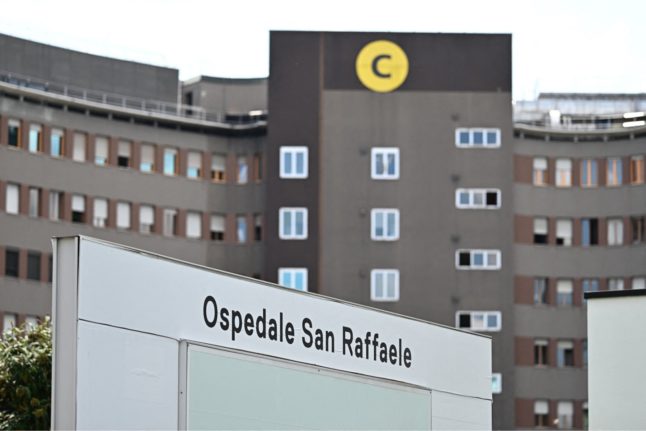Pat Eggleton, a teacher and writer from the UK, appealed to the UK’s Foreign Secretary David Cameron in the letter sent April 9th about the “desperate” situation faced by UK citizens entitled to free healthcare in Italy – but unable to access it.
British nationals residing in Italy before Brexit, and covered by the Withdrawal Agreement (WA), are in many cases being told by Italian health authorities that they must pay steep new fees at a minimum of €2,000 a year – even though they are exempt from paying at all.
READ ALSO: ‘Life or death situation’: Brits facing high Italian healthcare costs amid rule change uncertainty
In her open letter seen by The Local, Ms. Eggleton, who has lived in Italy since 2005, highlighted that the current minimum is a huge jump from the previous €387, and said that the sum was “difficult, or even impossible, for some to find when there had been no prior notification and there is no option to pay in instalments.”
“A great deal of undeserved worry, frustration and even fear has ensued,” she wrote.
“Some of our group have serious, ongoing health conditions. All we require is for one sentence from the Italian government confirming that Withdrawal Agreement beneficiaries do not have to pay for healthcare access to be circulated to all regional health authorities.
“We implore you to act before this becomes even more serious. As someone put it, “This is a matter not only of money, but of health.”
Ms Eggleton’s letter came exactly one month after the British government confirmed that all WA agreement beneficiaries are exempt from paying the €2,000 fee, provided they were living in Italy before January 1st 2021.
But there were no details available at the time from the Italian government setting out how the rules would be implemented or communicated to local health authorities around Italy.
Since then, there has been no further information released by the Italian government on any official platform.
One Withdrawal Agreement beneficiary, Graham Beresford, told The Local last week how he was having trouble accessing healthcare, even though he has a right to it.
Mr. Beresford suffers from blood cancer and needs access to the Italian healthcare system to obtain his medication.
“Every time I go to my ASL (local health unit) office, I always feel like I’m dismissed,” Graham said. “I told the ASL worker I need medication for my cancer and she replied lots of people come in here with sob stories.
“There genuinely seems to be no compassion whatsoever.”
The Local has written to the Italian health ministry for comment.




 Please whitelist us to continue reading.
Please whitelist us to continue reading.
Member comments